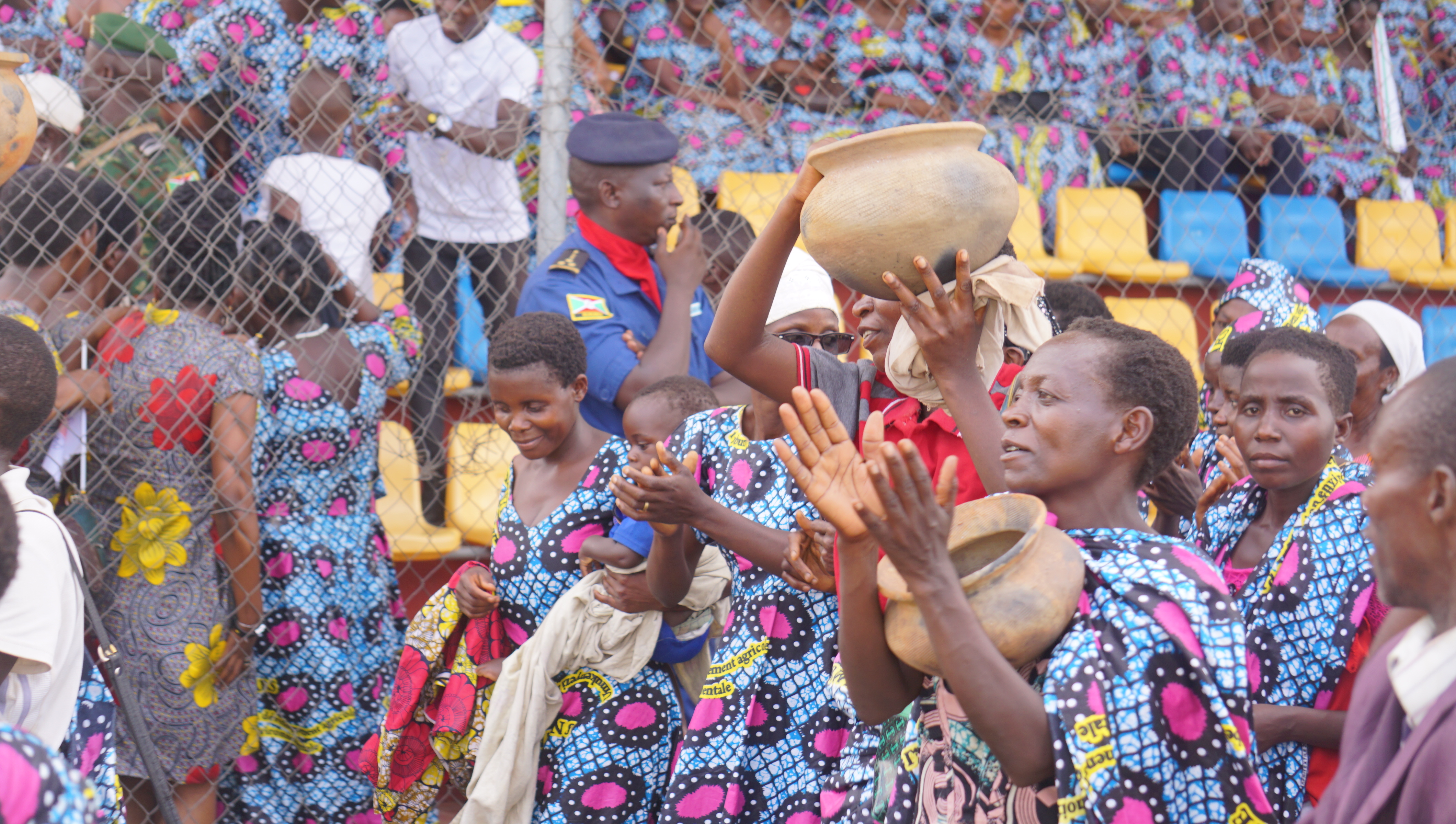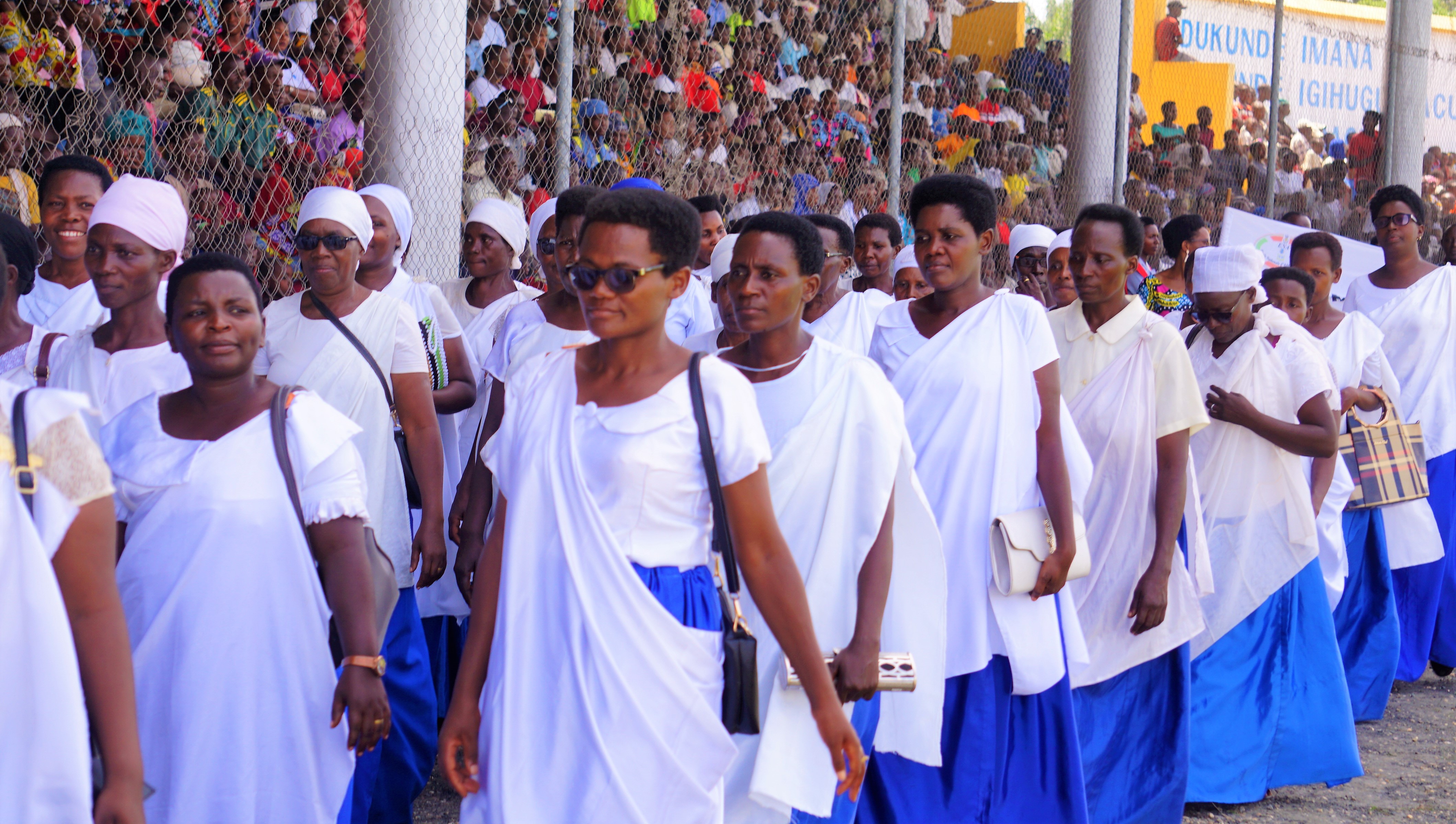March's News
21 Mar 2022 • EAB PRESS
SKILLS ENABLE WOMEN TO FACE CLIMATE CHANGE
They were thousands of people mobilized to celebrate International Women's Day. Several delegations from public and private sectors as well as international organizations responded massively to the national celebration organized and held in Rumonge.
The various speeches were based on the need to establish concrete actions to promote equitable gender rights. These include the creation of a Women's Economic Development Bank, and more facilities to help increase agricultural production since women represent the majority of the agricultural workforce. The Minister in charge of human rights pleaded for support for women in the area of agriculture and space to facilitate cooperative farming.
The President of the Republic in his speech for the occasion reminded that in Burundian tradition the woman has respect and rights especially in the management of family property but deplores the depravity of morals and the deterioration of the culture which causes violence and discrimination. He urged men to make more effort to support women's initiatives because they have already demonstrated that their contribution is essential in the consolidation and development of families and the nation.
The Anglican Diocese of Bujumbura through Mothers' Union celebrated the Women’s Day with the aim of reminding Christians, especially women, that they have the responsibility to be more involved in the defense of the rights and dignity of women.Rev. Jeanne Francoise, the Gender-based Violence Program Coordinator for the Province of the Anglican Church of Burundi, stressed that women and men, especially Christians, should be inspired by good examples from the Holy Scriptures where women are treated with dignity.
The celebration also focused on women and the effects of climate change. Those effects are increasingly obvious and affect the lives of many people in Burundi particularly in terms of low productivity leading to instability of families, poor living conditions, vulnerability of people, and the threat of violence. Often women are the most affected. Some of them are grateful for the capacity building they received that helped them to be more resilient to climate change and consider that skills are essential to face it and know how to manage it. Find more on women's climate resilience Here

